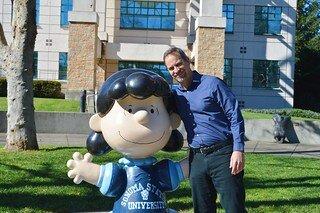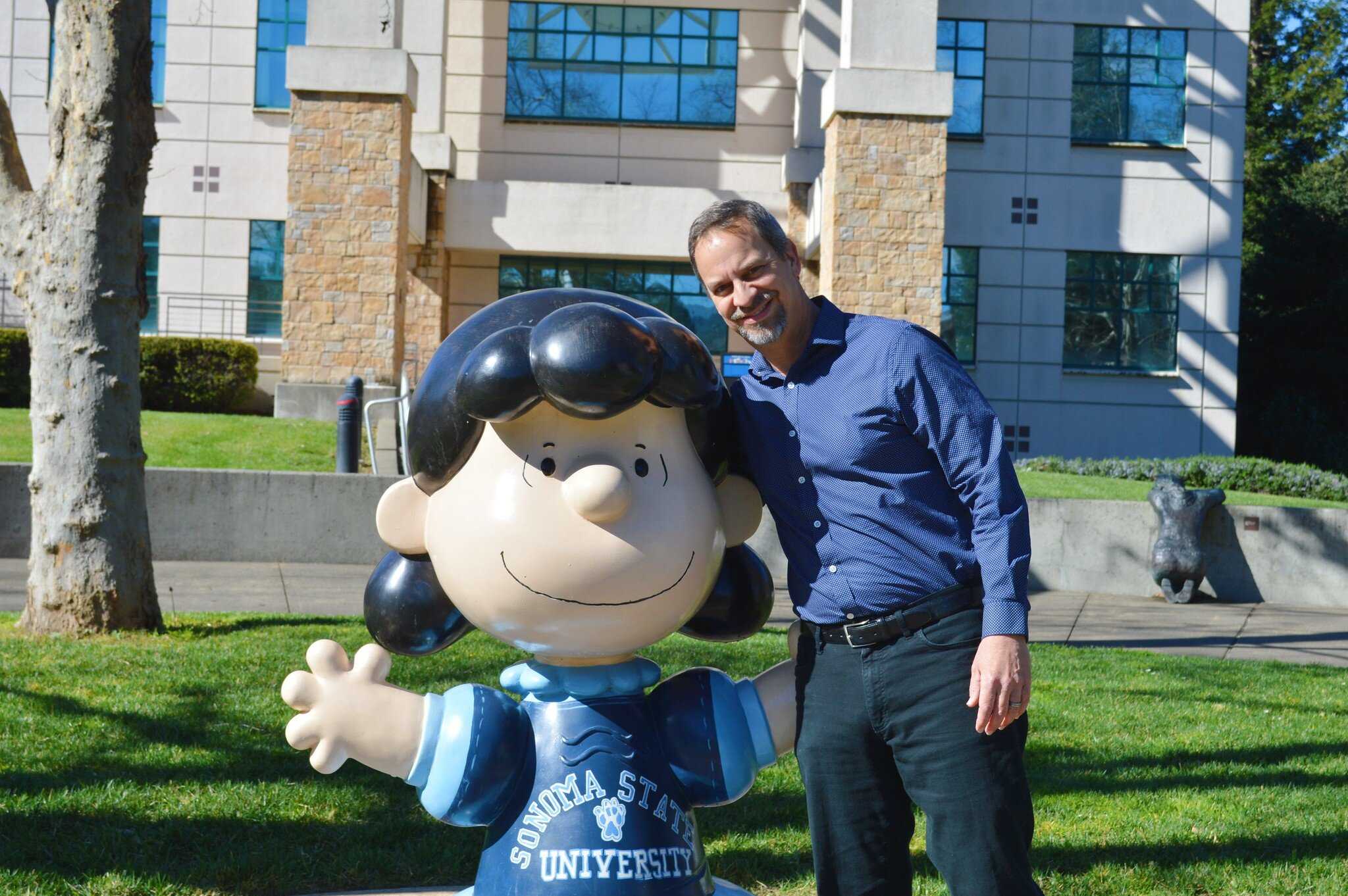Sonoma State University Spanish professor and Faculty Associate Dean of the School of Arts & Humanities, Dr. Jeffrey Reeder, has been formally recognized as a volunteer translator for the United Nations since May of 2020.
Reeder has been a part of the SSU faculty since 1998 and teaches Spanish courses in Cultural Studies, Linguistics, Teacher Education, and Translation. Along with teaching multiple courses, Reeder is also a chair for the university’s Modern Language and Literatures department.
According to his biography on the SSU webpage, Reeder’s career has largely been inspired by his family connections in the Choctaw Nation, located in Indian Territory in Oklahoma, “… he has a keen interest in cultural studies and practices and combines that with his interest in archery to research, maintain, and revitalize practices, products, and procedures of traditional archery as practiced pre-contact.”
While Reeder has been doing translations for many years and also teaches courses in translation, this is his first year as an official volunteer translator of the United Nations (UN). He said that while he has been interested in doing translations for the United Nations for years now, the pandemic ended up giving him the opportunity to finally do so.
“Now that the pandemic happened, they suddenly had a greater need to communicate things quickly and rapidly with different audiences.” says Reeder.
Most of the translation work Reeder does is in English and Spanish. He said, “Usually they have materials that they’ve produced in English that they’ll need to translate to other audiences in Spanish, or I’ve also done the other direction. They’ll have reports written in Spanish that they need to be translated to English so it can reach a wider audience worldwide.”
Most recently, Reeder has been working on translating documents for UN Women, a branch of the UN that works specifically with issues, needs, and rights of women across the world. More specifically, the documents he has been translating have been focused on the impact the pandemic has had on women in Latin America.
One of the most recent documents was, “Cash Transfers and Gender Equality: Improving Effectiveness in Response to Covid-19”, which he translated from Spanish to English. The document addresses the differing social and economic impacts the pandemic has had on men and women due to preexisting gender gaps.
Reeder also started his own Spanish/English translation course at SSU about 15 years ago. The once a year service-learning course gives students the chance to practice translating official documents to help better prepare them for future careers.
In an article written by Sophie Cassetta for the SSU website, Reeder explains the inspiration behind starting the course.
“It came about by one of my Spanish graduates who got a job. Her job immediately asked her to translate the employee manual into Spanish. She was so underprepared and didn’t know where to start. She decided to reach out to me for advice and it got me thinking about how this is an example of Spanish major graduates not knowing what their career expectations would be. So, I decided to prepare the student’s for the future,” he said.
Not only is Reeder’s work with the UN a personal accomplishment, it will also serve as a great learning tool for his service learning course.
He said, “The course is completely based around real world documents. We don’t translate anything that is made up or for practice or from a textbook. Everything we translate in that course is something that somebody needed translated for a specific audience or reason. So by doing this for the UN, it’s going to give me a few more examples of high level, high quality translation and the need for it.”
Outside of the classroom, Reeder’s work will continue to express the importance of translation and volunteering. As stated on the UN Volunteer website, “UNV works with partners to integrate qualified, highly motivated and well-supported UN Volunteers into development programming to contribute to peace, development and humanitarian delivery worldwide.”
STAR // Isabelle Barkey
Jeffrey Reeder, Chair of the Modern Language and Literature Department, is a star member of the SSU staff.





































